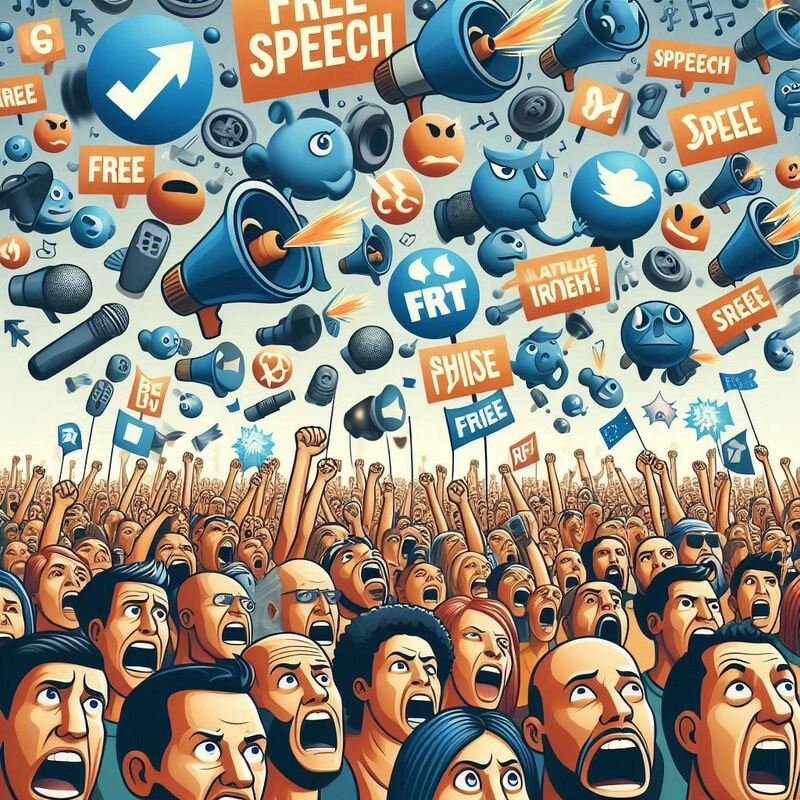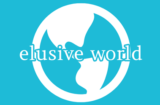By Ron Raskin

A week ago, Donald Trump, a former US president and presidential candidate, was found guilty of 34 felonies. It is a bad day for Donald Trump, a bad day for Republicans, a bad day for Democrats, and a bad day for America and Western democracy. No one should be above the law, and the law is the law, but there are places where nations do not want to go—places where every choice is a bad choice. The US has reached such a place. This did not happen in a single day; it has been a long, long journey…
In the upcoming November elections, about 50% of voters are likely to support Donald Trump despite his conviction. These voters believe Trump is being politically persecuted, which essentially means they do not trust the foundation of democracy—they do not trust the law. Among them are those with their own political agendas, extremists, and those influenced by propaganda. However, 50% also includes many well-educated, law-abiding citizens who genuinely believe the law has failed to distinguish between right and wrong, and that is the real problem. This confusion stems from a complex reality that, indeed, is not simply black and white. How can one determine if the law was used as a political tool or if the media is truthful? You need to trust it, and that trust is built through a long history of cases that are as clean as a whistle. But in the post-truth era, no one trusts anything.
Any democracy that reaches this point stands one step from the abyss, one step from anarchy and chaos, which often leads to autocracy. But how did the US get here? There are certainly many reasons, such as socioeconomic and demographic factors. However, one of the more immediate reasons appears to be a problem with one of the pillars of democracy: freedom of speech. Information forms the foundation of our worldview, and if we can’t trust it, why should we trust anything? Why should we trust the court? Regardless of the court’s decision, if it conflicts with our knowledge and understanding, we perceive it as a bad decision. Right?
Here lies the dilemma: on one hand, when freedom of speech is dominated by propaganda, self-interest, and lies, when it amplifies divisions and dismisses opposing thoughts and feelings, when it fails to illuminate alternative views, it is free but it is meaningless, as no one can discern right from wrong or make informed decisions to improve the world rather than just serving their own words, interests and beliefs. On the other hand, if everyone says the same thing and journalists align with the government, it won’t lead the nation to a better place either.
There is a narrow path between extremes, and if a nation strays from it, it may fall into the abyss. It appears the US reached this precarious point on May 30, 2024, not due to a failure of the law, but because many people distrust the underlying reasons and motivations behind actions, and more broadly, they don’t trust the facts, information and explanations they read and watch, they don’t trust the system as it being reflected to them in the information space. Whoever bears responsibility is of lesser importance at this moment; right now it’s imperative for both sides to calm down and collaborate to step back from the brink. Blaming each other for all wrongdoing might energize your supporters, but it also fuels a lot of hatred on the opposing side. Remember Newton’s third law: “for every action in nature there is an equal and opposite reaction”
P.S. A song is not a single tone, but many voices without harmony are not a song either but just noise in which many begin to hear “voices”. Press must be free but it must be free to bring facts and provide quality information. Without this, trust is lost. If democracies fail to achieve this, then democracies will fail as some have already done in the last 10-20 years…
God bless America and all Western democracies…

